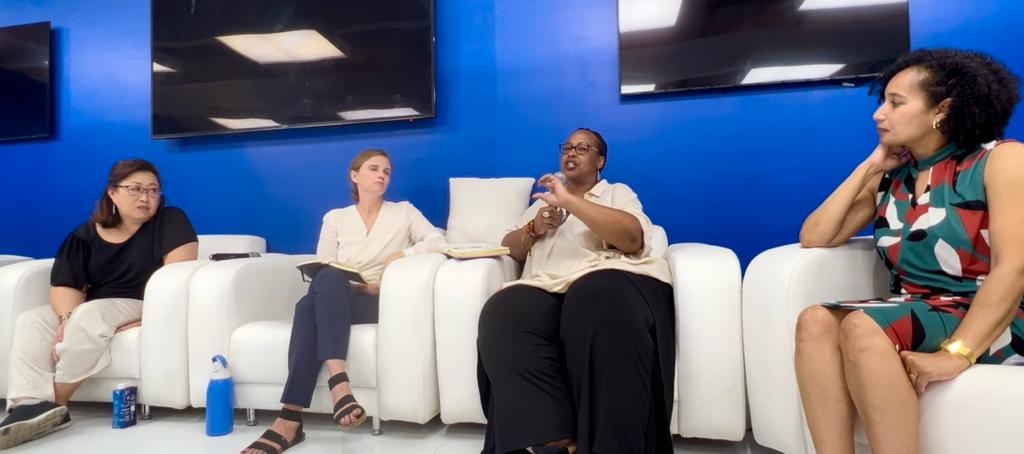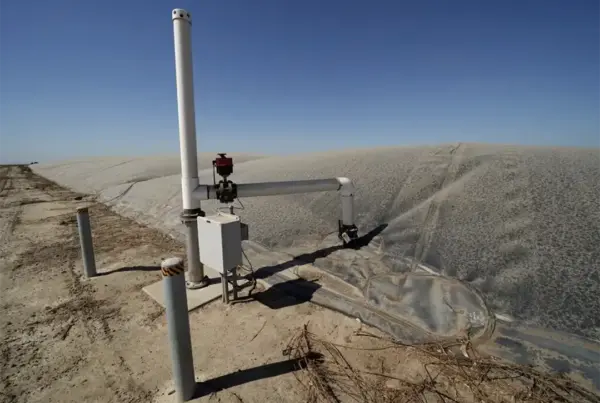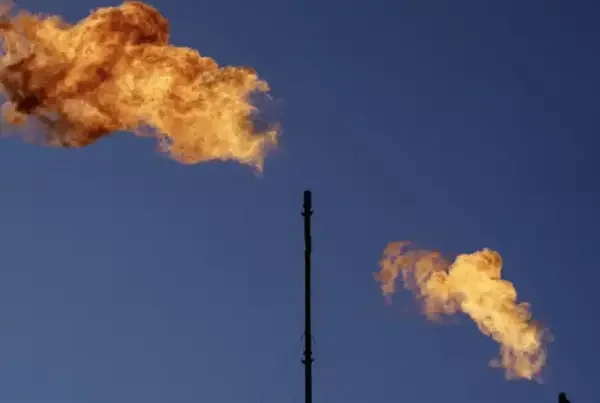SHARM EL SHEIKH–Despite a 14% increase in philanthropic giving for climate change mitigation, it still represented less than 2% of total global philanthropic giving in 2020, leaving ample opportunity for philanthropists to increase their support for one of the most pressing issues of our time.
Just half a percent of total philanthropic funding in the U.S. is earmarked for managing climate change, experts speaking at COP27 said. “We can make a change,” said Patty Rhee, chief partnerships officer at the Global Methane Hub, describing increased philanthropic funding for managing methane emissions as a form of climate triage.
The small portion nonetheless represents a sharp increase of funding in recent years. Charitable funding for climate change is triple what it was in 2015, and a growing number of billionaires are putting their cash behind these efforts. Individual donations to climate change mitigation efforts also are increasing.
However, a study by the New School found that only 1.3% of $1 billion granted by 12 of the nation’s largest U.S. environmental grantmakers from 2016 to 2017 went to environmental justice organizations led by Black, Indigenous, and people of color accountable to their communities.
Simply redistributing philanthropic funding, however, isn’t enough in a world where false solutions often compete with those that can have real impacts for the most harmed communities.
“We cannot allow philanthropy to fund false solutions,” said Colette Pinchon-Battle, vision and initiatives partner for Taproot Earth. “We need philanthropy to fund the groups that are fighting these false solutions.”
Methane is a “wonderful place to start,” she said.
Methane emissions reductions are seen as a key path toward meeting the Paris Agreement goal of capping the global temperature increase to 1.5 degrees, yet it’s a solution that receives limited financial support from the philanthropic and private sectors.
Beyond philanthropic funding, just 2% of climate financing is directed toward methane emissions work, a fraction of what’s spent on other climate change efforts. “Promises for finance have fallen short across the world since the beginning of this conversation. There is a massive credibility gap and deterioration in trust,” said Hannah McKinnon, program director at the Sequoia Climate Foundation.
Pinchon-Battle sees redistribution of philanthropic funding as an issue of economic and racial justice, as many of the wealthiest people built their riches on the backs of Black and brown people who are now experiencing the worst harms of climate change while receiving the fewest resources.
“The resources a lot of philanthropies have access to are stolen,” she said.
Fanta Kamakaté, senior program officer for climate and energy at the Pisces Foundation said the history puts the onus on funders to work to invest in work being done by people in frontline communities. “We have the privilege to be in these positions,” she said, “that gives us some responsibilities.”
Philanthropy cannot just focus on distributing funds. Kamakaté said it also must be a tool for power sharing and for closing gaps with those that funding is meant to support.



